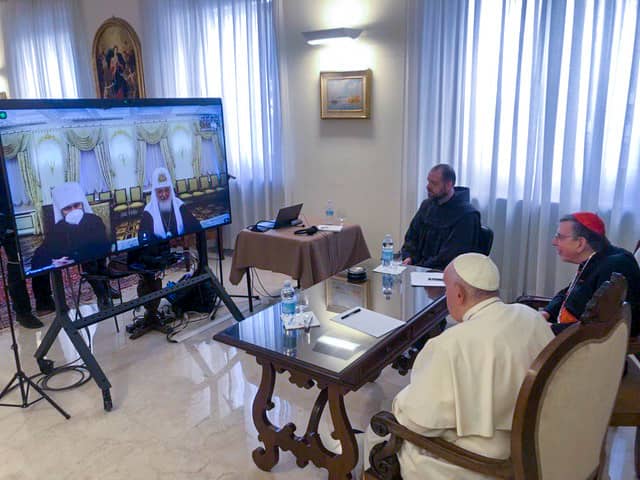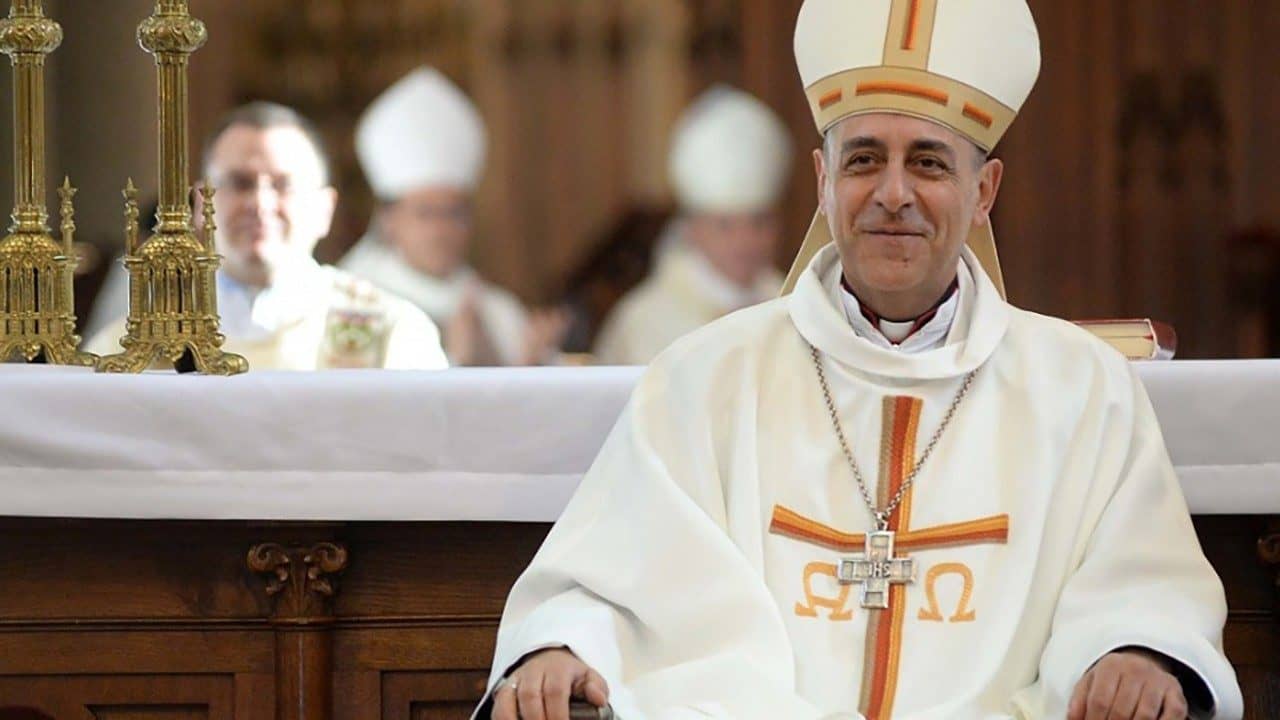ROME – Now that the dust has settled a bit on Vos Estis Lux Mundi, a new set of papal norms governing both reporting and investigation into accusations of clerical sexual abuse and its cover-up released by the Vatican on Thursday, the overall reaction seems reasonably clear.
For most people, it can be expressed this way: So far as they go, these rules seem promising, but we need to see them applied in practice – because experience has shown that in the Catholic Church, as in virtually any other context, a law’s only as important as the will to enforce it.
Since that’s an “only time will tell” situation, here are three other quick thoughts on Vos Estis to chew on while the jury remains out.
Papal populism?
When the Vatican presented the norms to the media Wednesday, they turned again, as they almost always do on the abuse scandals, to the most credible voice they’ve got: Archbishop Charles Scicluna of Malta, formerly the Vatican’s top prosecutor on abuse cases and a man seen as the Elliot Ness of the Church on the issue, with an “untouchable” reputation for integrity.
One revealing moment came when Scicluna was surrounded by a scrum of Italian reporters, speaking in Italian for one of the country’s main broadcast outlets.
A key requirement of Vos Estis is that “systems for reporting” both abuse and cover-up must be established in every diocese by June 1, 2020, and the diocese must notify the pope’s envoy in the country that it’s been done. The Italian reporter, who’s been on the scene a long time, asked Scicluna if that’s actually realistic, given that many dioceses in Italy don’t have anything of the sort right now.
In response, Sciculna said it’s the responsibility of both the local bishops’ conference and the papal ambassador, or nuncio, to make sure dioceses know what the pope wants – emphasizing that in this case, it’s not just a vague papal desire but a concrete mandate.
Then Scicluna added something intriguing.
“I would also ask the People of God to help the pope,” he said. “If they have a right to denounce abuse, they also have the right to denounce a failure to create a system for doing that.”
In other words, Scicluna was appealing to rank-and-file Catholics to light a fire under their bishops to get things done.
Though he was speaking for himself, one suspects he’s not far off from how his boss sees the situation. Pope Francis knows full well that, left to their own devices, some bishops and dioceses around the world would never take many of the steps envisioned in Vos Estis.
In some cases, as in parts of the developing world, that’s because local bishops often think they’ve got more urgent matters to deal with, and they see the clerical abuse scandals as largely a Western crisis. In others, such as in parts of Italy, it’s because bishops don’t face the same intense public scrutiny and threats of legal action, and, as a result, some just aren’t as motivated.
In any event, Francis does appear to have thrown down a gauntlet in Vos Estis, and perhaps, at least in part, is counting on public pressure to succeed where previous ecclesiastical mandates haven’t.
Perils of corporate liability
Shortly after the norms came out, I found myself talking to an old Rome hand, a very sharp guy, who was musing aloud on why the Vatican has seemed so reluctant to be seen as firing bishops for mishandling abuse cases.
“I wonder,” he said, “if it has anything to do with their fear of corporate liability?”
The guy’s an American, and his reference was to the Vatican’s exposure to lawsuits in the States over the abuse scandals. To date there have been a handful of efforts to sue the Vatican in American courts, but they’ve all run up against the wall of immunity the Vatican enjoys as a sovereign state.
One exception to that immunity is if an agent of a sovereign entity inflicts harm on someone in the United States in the course of carrying out their duties. In the past, it’s been almost impossible to argue that an individual priest is an “agent” of the Vatican, so victims of that priest can’t really go after Rome in American courts.
There’s a much stronger case to be made, however, that a bishop is an agent of the Vatican, despite the theological framework that a bishop is a successor of the apostles in his own right and that the pope himself is simply a fellow member of the episcopal college who happens to be the Bishop of Rome.
Bishops, after all, are hired by the pope, and the reason the Vatican objected to a lay board the U.S. bishops wanted to create last year to provide accountability for cover-ups is that only the pope and his delegated aides have the authority to supervise bishops.
If Rome routinely comes to be seen as firing bishops too, it could be ever harder for an American court to avoid concluding that bishops are “agents” of the Vatican, with unforeseeable implications for civil litigation.
It’s not clear such thoughts are in the forefront of anyone’s mind right now in discussions around Vos Estis – but it’s a safe bet that sooner or later, someone will have to ponder it.
Unfinished business
Among experts on the abuse scandals, one key question about Vos Estis has been how it relates to Come Una Madre Amorevole (CUMA) another motu proprio, or legal edict, issued by Francis in 2016 dealing with bishops accused of cover-up and mishandling abuse complaints.
Vos Estis clearly doesn’t replace CUMA, since all the new document treats is the reporting and preliminary investigation of complaints – everything that happens after that is still governed by existing policy and law.
One key point about CUMA is that it deliberately keeps cases of cover-up out of the sphere of the criminal section of the Code of Canon Law, instead providing for administrative remedies. The idea was criminal procedures – including protections for the due process rights of the accused party, secrecy requirements for evidence, and provisions for appeal – would often be too cumbersome and slow, especially when manifest failure to handle an abuse scandal properly has left a diocese in flames.
As Scicluna pointed out Wednesday, Vos Estis deals with criminal offenses, which means that to make an accusation of cover-up stick under its terms would require proving not just failure but malice. Since that’s often virtually an impossible standard in cases of what someone didn’t do, whatever reports surface under Vos Estis may not trigger an avalanche of prosecutions specifically for failure to act.
To take a practical example, Vos Estis certainly would have applied to reporting the sexual abuse and other misconduct carried out by ex-cardinal and ex-priest Theodore McCarrick. It probably wouldn’t have added much, however, to getting at the truth about who knew of McCarrick’s behavior and perhaps shielded him from detection during his rise up the ecclesiastical ladder.
In other words, Vos Estis may not contribute much to what many observers regard as the single biggest piece of unfinished business from the abuse scandals, which is accountability not just for the crime but the cover-up.
Whatever the epitaph of the new norms may turn out to be, therefore, “job over” probably won’t be it.

















